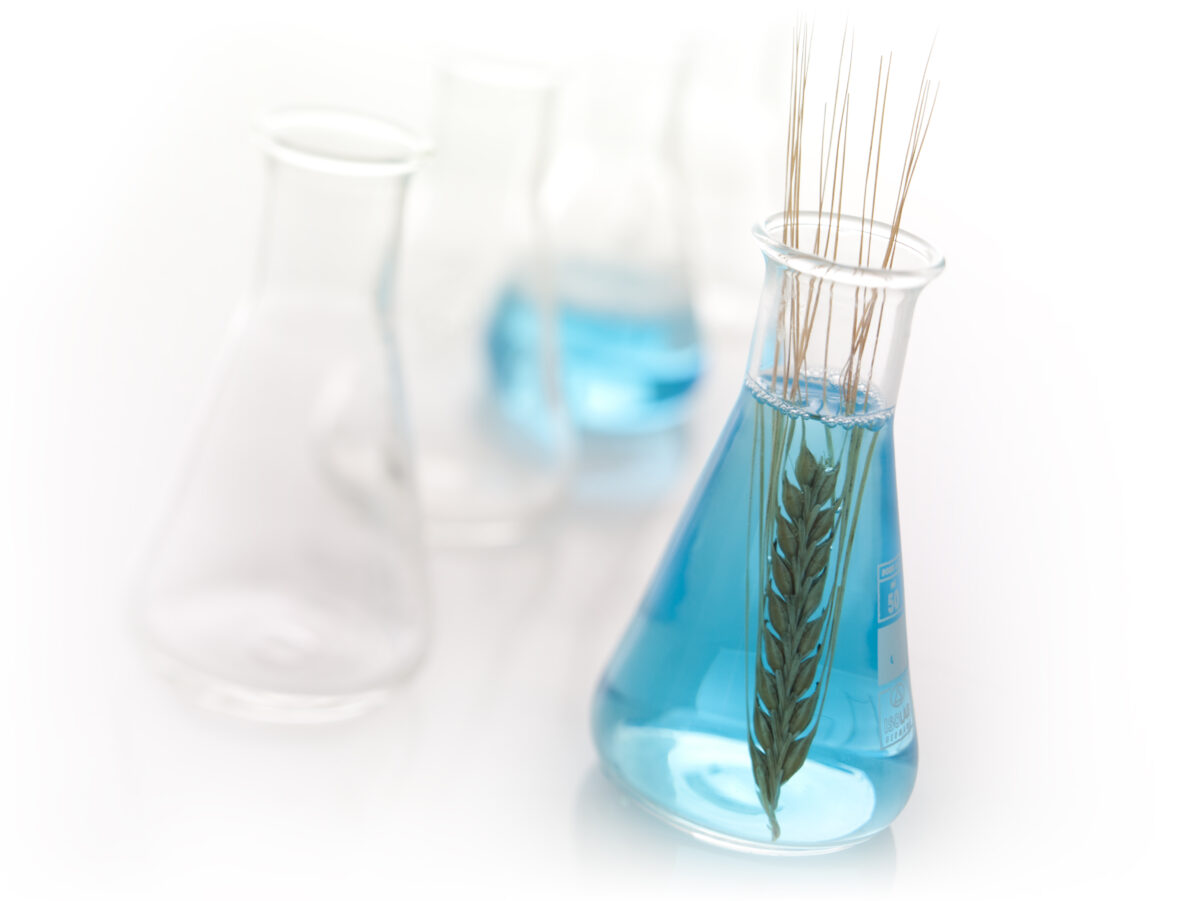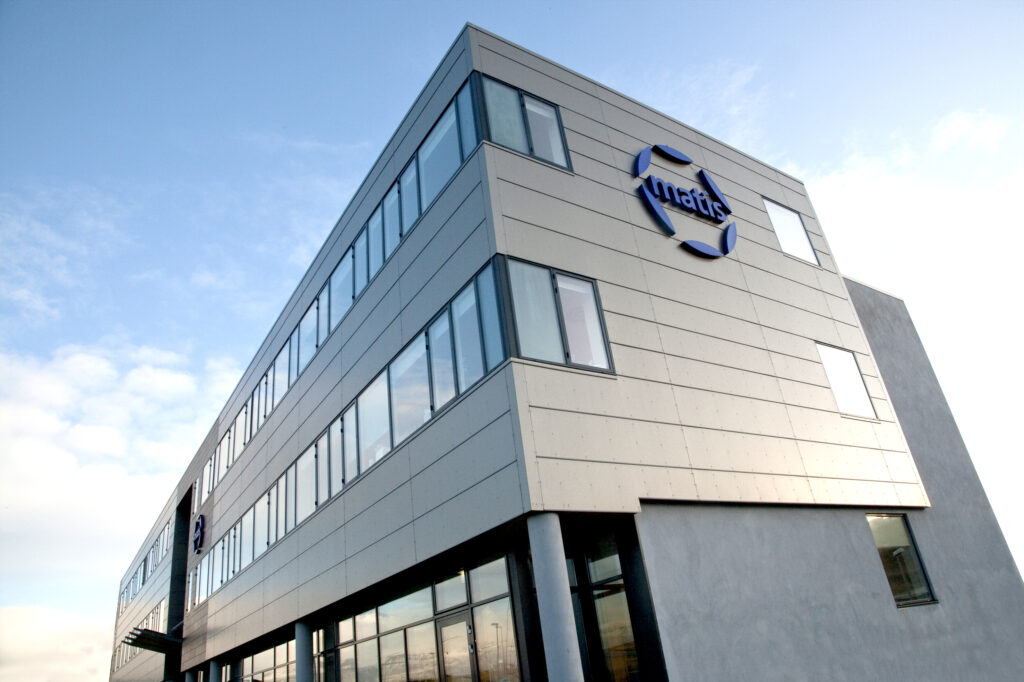
Matís 2020 Annual Report
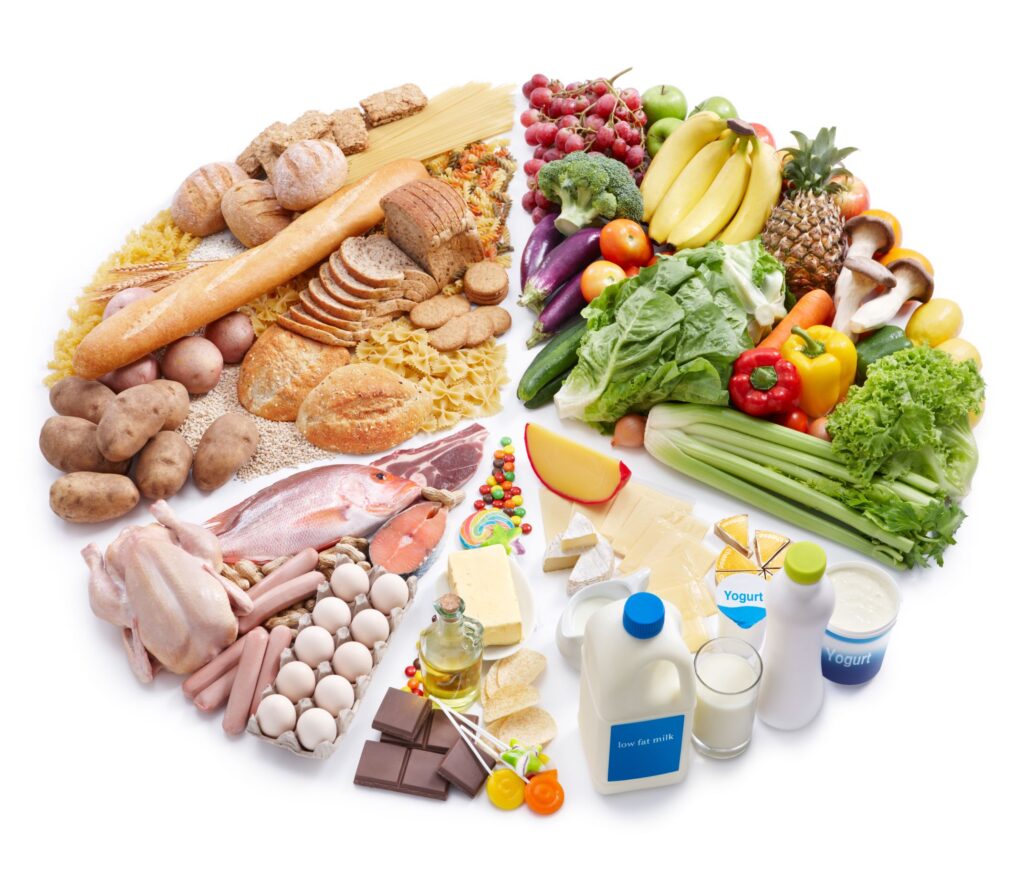
Table of contents
- Address by the Chairman of the Board
- Address by the CEO
- The role and operation of Matís
- Extensive collaboration
- Value creation, public health and food security
- Research and innovation projects
- Service measurements
- Catering, consulting, education and training
- Support for the government and committee work
- Food security and priority services
- Monitoring of undesirable substances in seafood
- Matís all over the country
- Research collaboration with educational institutions
Address by the Chairman of the Board
In my mind, Matís is first and foremost a valuable resource in the field of research and innovation in food and to promote food security and public health. This resource consists of knowledge, experience, skills, imagination and power and is the source of our talented staff. Matís is the common denominator of this resource, which has been involved in creating added value, promoting better public health and security in the food industry in collaboration with companies, educational institutions and the government. It is safe to say that Matís' operations are diverse and that there are many interfaces with the food industry. Whey and cosmetics, paternity of sheep and breeding in sheep breeding, algae cultivation for protein production, pathogenic pathogens in food processing and energy consumption of young people are just a few examples of projects that Matís has been involved in.
Food production is of great importance to the nation and creates value for the national economy. It is necessary to ensure the competitive position and quality of Icelandic food, and Matís' support for the Icelandic economy is an important factor in maintaining this position. The food industry is developing rapidly and Matís is an important link in ensuring that Icelandic food production is at the forefront. Matís' collaboration with Icelandic companies, the government and the universities has fostered a good reputation and a good image of the Icelandic food industry. The success rate of applications for foreign grants for research and innovation confirms this. Matís has also become one of the leading companies and institutions in Europe when it comes to research and development, such as the development of new protein sources for use in aquaculture feed.
The annual report paints a picture of the activities in the year 2020. In addition to traditional operations, the work was characterized by responses to pandemics and finding ways to sustain operations in those demanding conditions. Matís is intended by law to play an extensive role in the field of food, and in 2020 the board emphasized a good overview of the division of tasks between innovation, research, public health and food safety, so that it could be seen in which areas it was necessary to make progress. Emphasis was also placed on the development of the countryside in order to increase and improve services to customers and partners.
On behalf of Matís 'board, I would like to thank the company's employees for their excellent work in 2020. The power and capacity of Matís' human resources is unique.
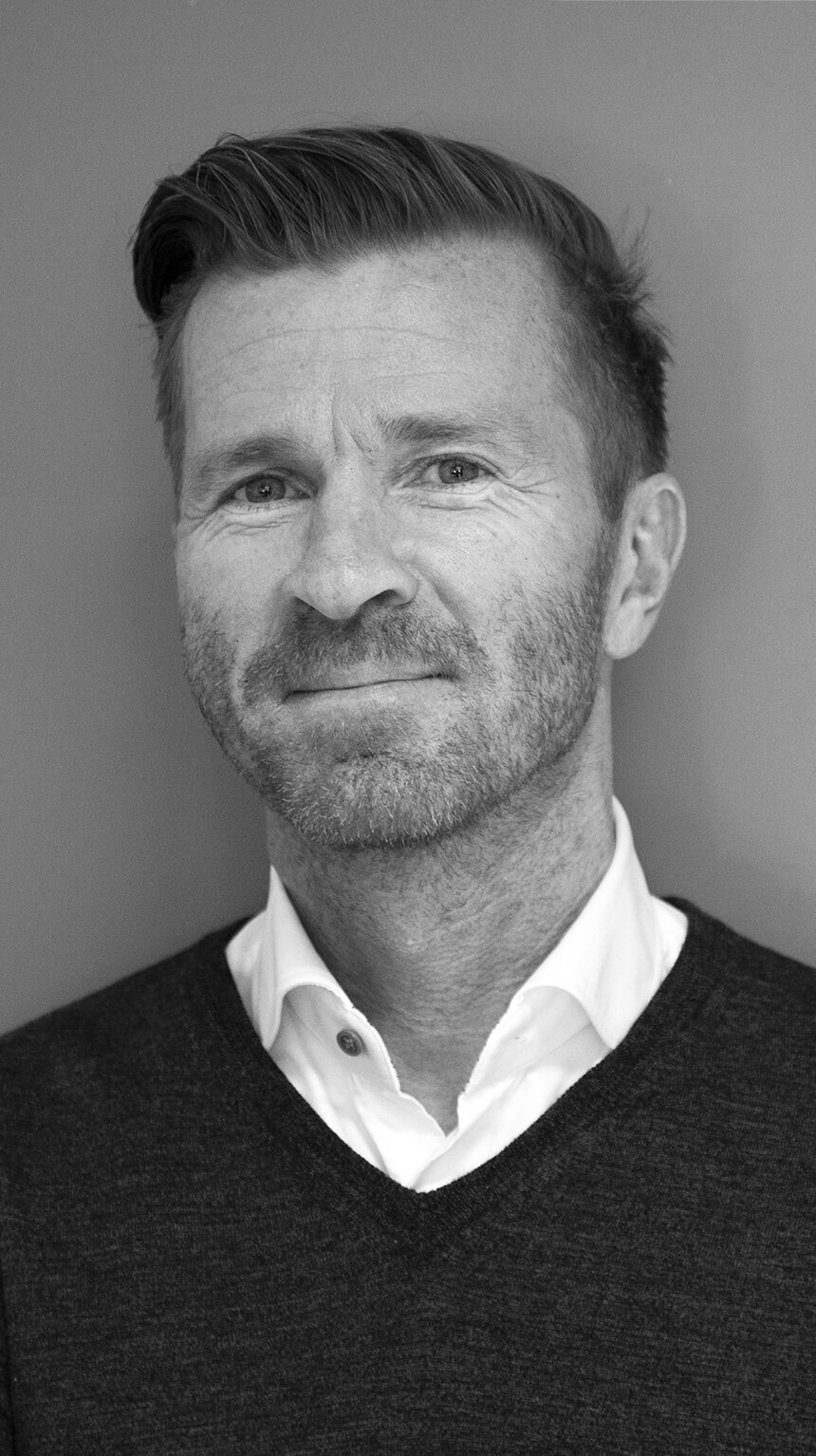
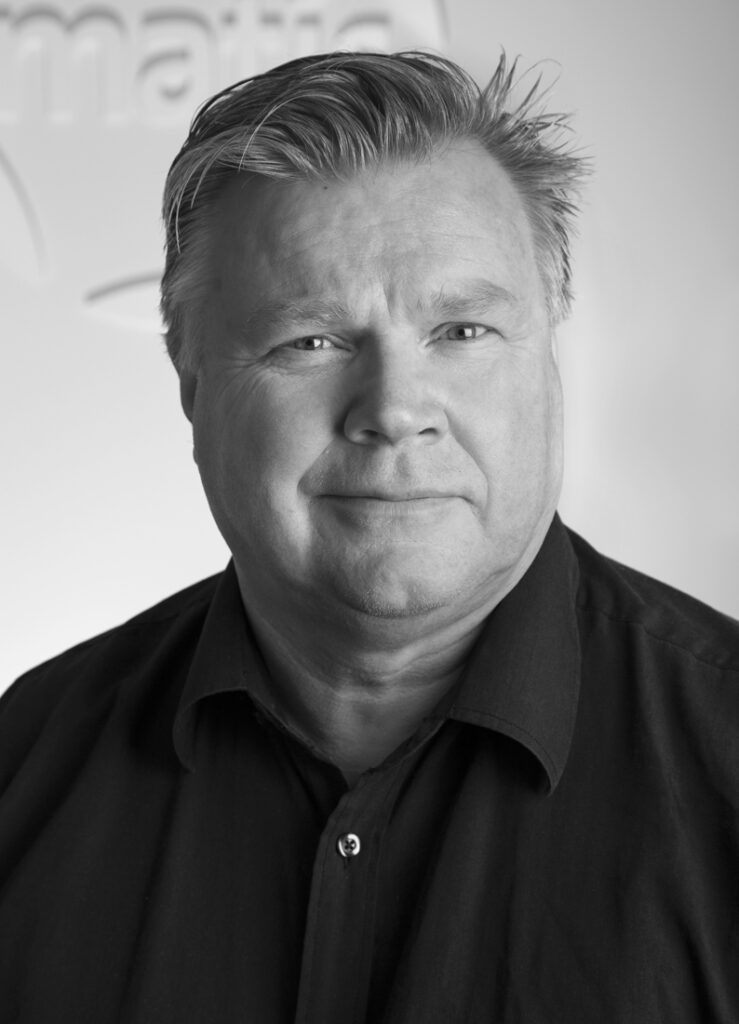
Address by the CEO
2020 was an incredible year. We all had to adapt to changing circumstances due to a pandemic, both at work and in our private lives. The pandemic certainly affected Matís during the year, but overall it is safe to say that he did not manage to disrupt operations except to a limited extent. We would like to thank the cohesive staff who showed great perseverance, flexibility and patience in these demanding situations.
In spite of everything, we reached big and important milestones during the year. These include the signing of a new long-term agreement with the Ministry of Employment and Innovation. The agreement secures Matís' long-term operations. The role of Matís is clearly defined, ie. to ensure security services in the field of food research for the benefit of Icelanders and support research that increases the value of Icelandic food production and promotes its safety and wholesomeness.
A special agreement was also signed with the ministry on the development of Matís in the countryside.
The aim of the agreement is, among other things, to bring Matís' operations closer to customers and improve value creation for the future through increased innovation, research and development work. Subsequently, work has been done to strengthen establishments, especially in Neskaupstaður and Akureyri.
Targeted strategic planning work was undertaken within the company with the aim of being able to better meet the needs of our customers and partners. This work also involved defining our role better, both inwardly and outwardly.
The Food Fund was established to support development and innovation in the production and processing of food from agricultural and marine products. In the fund's first allocation, a total of 12 projects involving Matís received funding from the fund, which shows the strength and importance of Matís' collaboration with companies, institutions and entrepreneurs in the country.
Matís was also involved in the development of the Icelandic Food Policy until the year 2030, which is of great significance for domestic food production. The policy is intended to guide decision-making in order to promote increased value creation in food production in Iceland, ensure food security and increase the well-being of people in harmony with the environment and nature.
Yes, 2020 was truly an incredible year and difficult in many ways. From this brief review, however, it can be seen that a number of positive things also took place. The year was, in spite of everything, a good year for Matís and research and innovation in the interests of food security, public health and the economy. There is reason to be optimistic about the future, but at the same time it is clear that important and difficult challenges lie ahead for society as a whole. Matís' role in supporting the business community in the sustainable use of Iceland's resources has therefore seldom been more important than right now.
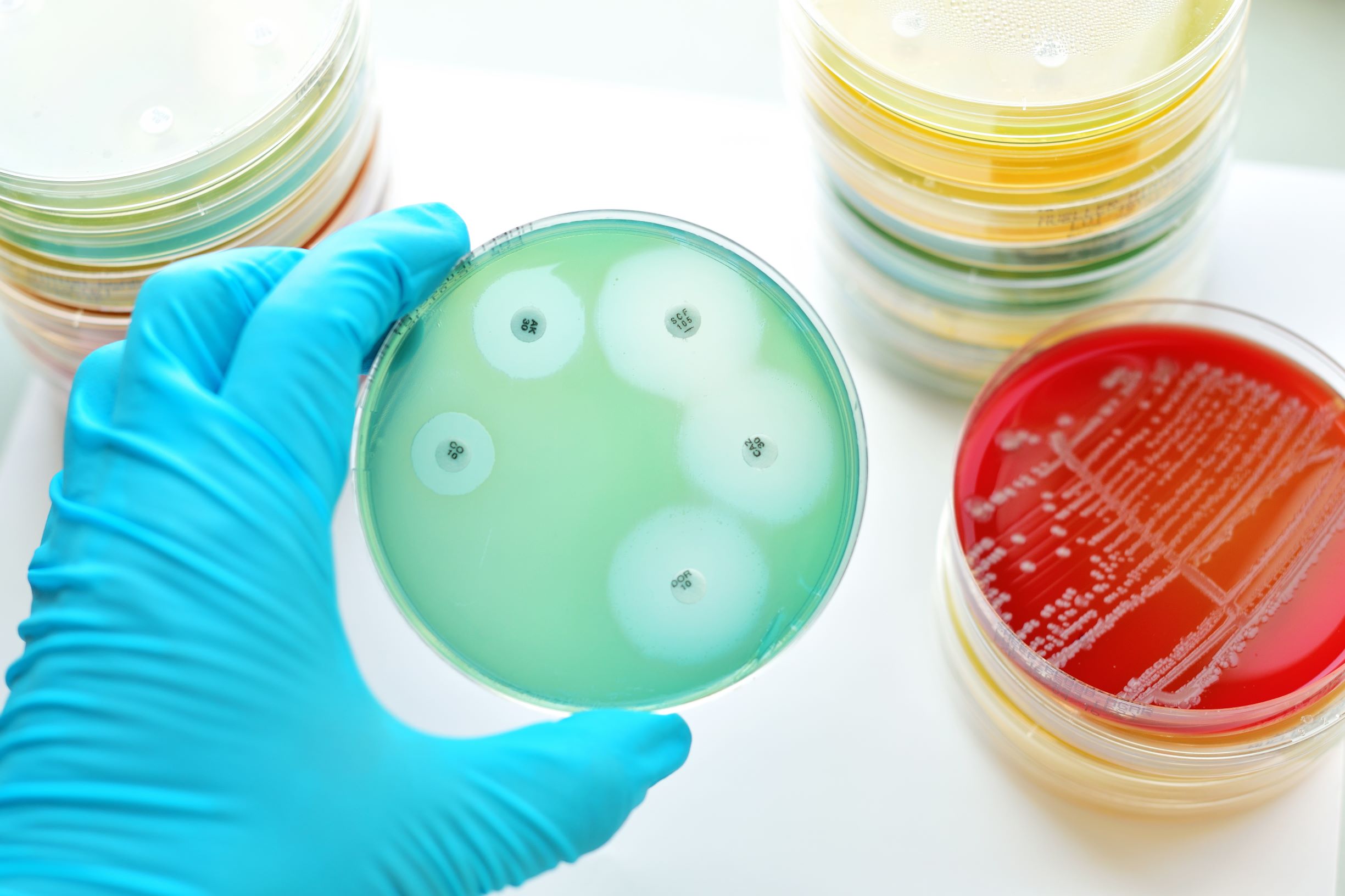
The role and operation of Matís
The public limited company Matís works on research and innovation in food for the benefit of the economy and to promote food safety and public health. Work is also being done on value and innovation from the country's underutilized life resources.
Through collaboration, the results of research and development are used to increase knowledge and create value in society. In this way, Matís plays a major role in increasing value, strengthens food production and the competitiveness of the Icelandic economy and products - and at the same time promotes sustainability and environmental protection.
Matís is a leader in chemical and microbiological research of food in Iceland and plays a key role in ensuring food safety and improving public health. Matís provides the government with support and advice on how to respond in the event of a group infection or epidemic related to food, which is a key factor in minimizing the negative effects of a group infection or epidemic on the nation's public health and economy. In order to ensure the food security of Icelandic consumers and the value of export products, it is necessary for Matís to work closely with official regulators in advice, measurement, monitoring and risk assessment.
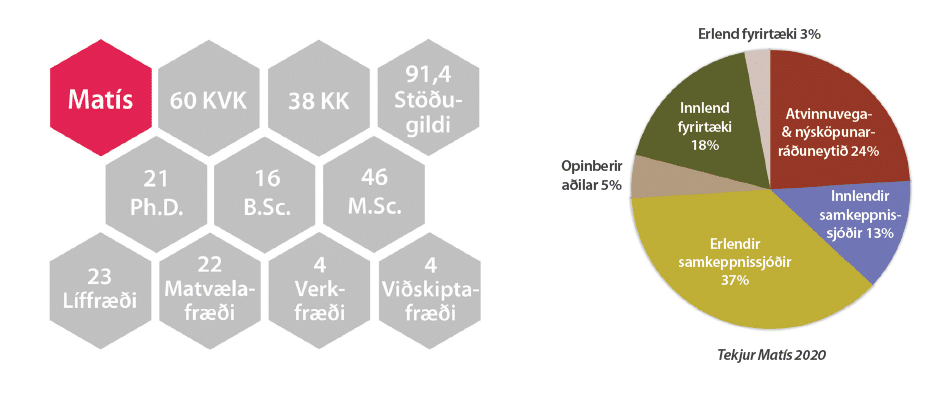
Through research and product development on food and ingredients in food, Matís contributes to improving the public health of Icelanders. Emphasis is placed on the development of a variety of nutritious foods that have a health-promoting effect.
Matís' policy and vision:
- To be a progressive knowledge company that promotes competitiveness and sustainability of food production in Iceland
- To return valuable products to Icelandic society through cooperation and services to the business community
- To support the Icelandic authorities in ensuring the safety and wholesomeness of food
- To build establishments in the countryside and increase value creation throughout the country
- To be a sought-after partner and service partner for companies and institutions
- To be a desirable, demanding and exciting workplace with first-class facilities where employees enjoy their work
Matís' operations are financed by a service agreement with ANR, projects for various public institutions and regulators, consultancy projects, service measurements and research and innovation projects from competitive funds. Matís' total turnover in 2020 was ISK 1.69 billion, of which 76% was equity.
In 2020, Matís had 98 employees in 91.4 full-time equivalent positions, 60 women and 38 men.
Matís 'priorities and projects contribute to the achievement of the United Nations' global goals for sustainable development. Of the 17 goals, the following goals are mainly related to Matís' operations:

Promoting sustainable economic growth and profitable employment opportunities. Increased productivity in the economy achieved through diversity, technological innovation and innovation.

Promote the development of sustainable industries and foster innovation.

Work to ensure sustainable production patterns and efficient utilization of natural resources. Reduce food waste.

The sea and its resources are protected and used in a sustainable way with scientific knowledge.

The land and its resources are protected and used in a sustainable way with scientific knowledge.
Organization chart Matís
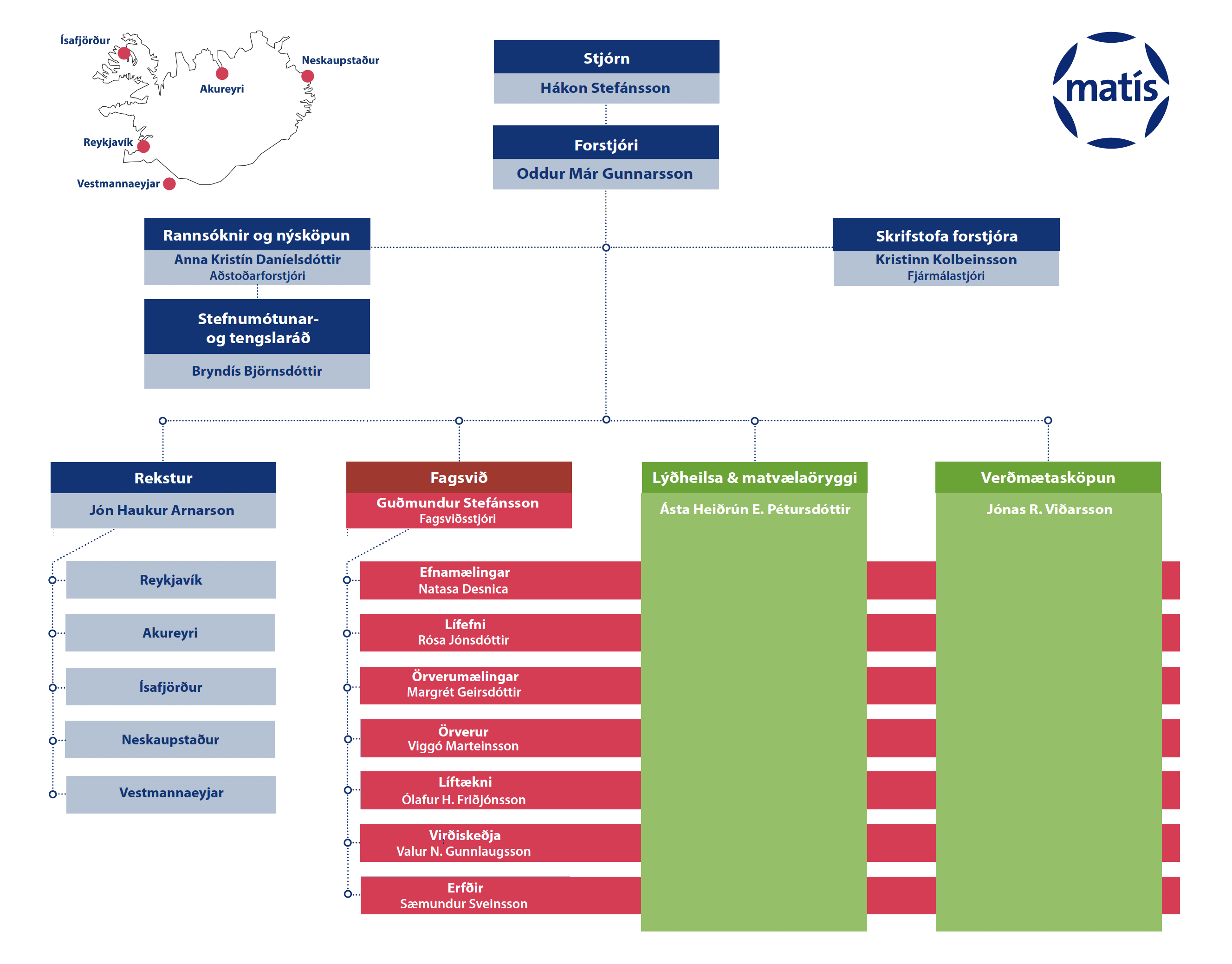
The board of Matís appointed in 2020: Hákon Stefánsson, Chairman of the Board; Sindri Sigurðsson, Vice Chairman; Sigrún Traustadóttir, secretary; Arnar Árnason, Drífa Kristín Sigurðardóttir, Helga Sigurrós Valgeirsdóttir and Sigmundur Einar Ófeigsson.
Extensive collaboration
The basis for Matís' work is strong collaboration, both domestically and abroad, with companies, institutions, authorities and entrepreneurs. The map to the right shows selected partners in research projects that Matís came up with in the year 2020. Click on the map to see partners and projects carried out in collaboration with them.
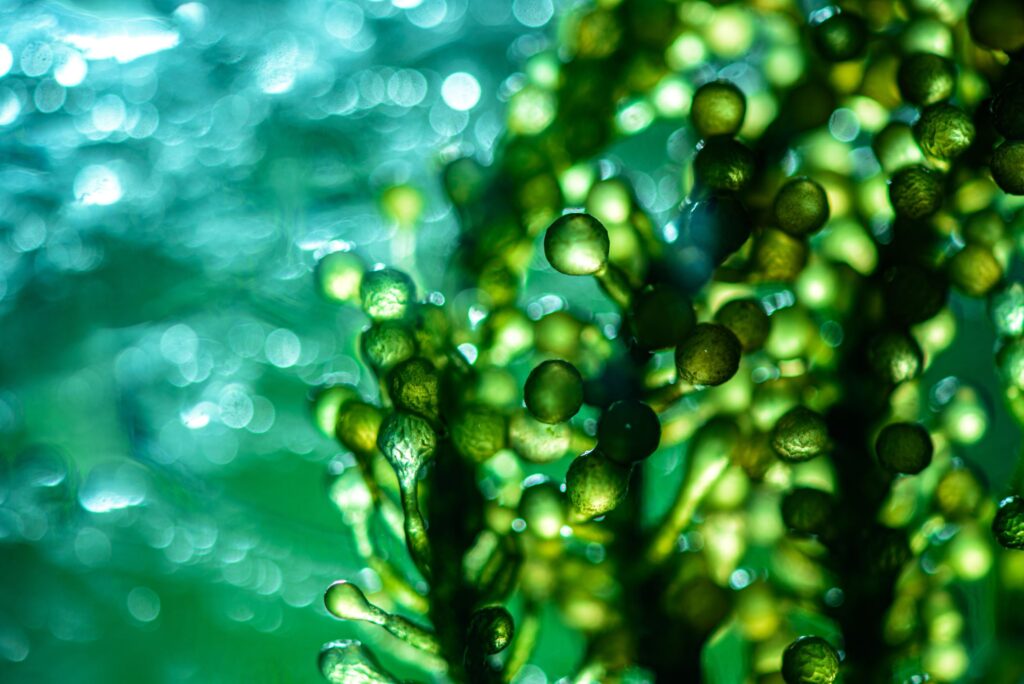
Value creation, public health and food security
In accordance with the law on the role of Matís, the company's research is divided into three emphases: value creation, public health and food safety.
Value Creation
Matís works systematically to increase value creation related to food production and biotechnology to strengthen the competitiveness of Icelandic products and the economy. The goal is the sustainable use of resources for the sea and the countryside. One of the main uniquenesses of Iceland is how well it has managed to create value from the various resources and link the needs of consumers and foreign markets to the links of the value chain. Matís has played an important role in creating this unique position and worked with the business community on research and innovation to maximize the value and output of the nation's resources. Important projects that have contributed to increased value creation include complete processing and utilization of various by-products, improved processing processes, product development, improvements in packaging and transport processes, development of new proteins for feed production, biotechnology, development of new enzymes and much more.
Public Health
Matís contributes to improving public health in Iceland through research and product development. It is important to know the properties of Icelandic products and solid data are a prerequisite for discussions on how we improve life and health. Matís has built up an interactive database, ÍSGEM, with information on the chemical content of food on the Icelandic market. Interactive user-friendly databases with information on the content of positive and undesirable substances in food are important and benefit consumers, producers, sellers, buyers, the government and other stakeholders.
In light of the increased supply and consumption of energy drinks by Icelandic young people, Matvælastofnun requested that the Risk Assessment Committee of the Ministry of Industry and Innovation make a quantitative assessment of how much caffeine young people are likely to ingest through beverages and whether their consumption has a negative effect on young people's health. Work on risk assessment for primary school students in 8.-10. bench began in October 2019 and Matís was hired to take on project management.
The Risk Assessment Committee submitted a report on health risks due to the consumption of Icelandic young people in 8-10. grade on caffeine in beverages in October 2020. The committee concluded that the consumption of Icelandic young people is considerably higher than has been seen in previous studies and gives rise to measures to minimize young people's consumption of energy drinks that contain caffeine and prevent negative effects on their health.
Food Safety
Matís is a leader in chemical and microbiological research on food in Iceland and is responsible for the operation of a reference laboratory and safety and priority services in the field of food for the competent government. The company's strength lies in a broad base of capabilities, knowledge and infrastructure that ensure safety and priority services in the event of a food crisis. Emphasis has been placed on research into undesirable substances and micro-organisms in food and the processing environment and the development of analytical methods. Increased understanding of the nature, origin and transmission routes of pathogenic micro-organisms is important to ensure food safety, prevent epidemics and enhance consumer safety. Matís has extensive knowledge of microorganisms in fish processing and aquaculture, such as Listeria, and uses the latest technology to trace the origin of the infection. It is fundamental for buyers of Icelandic products to be able to trust that the food produced in this country is safe. The export of Icelandic food is also dependent on the ability to demonstrate wholesomeness with regard to laws, regulations and requirements of buyers. Matís serves the Icelandic government and the Icelandic economy by running security services, offering service measurements and having high-quality and well-defined scientific data available on undesirable substances and microorganisms in Icelandic food. It is necessary to support claims about the purity and wholesomeness of Icelandic food with reliable data from independent parties such as Matís, which are based on research into products and the environment.
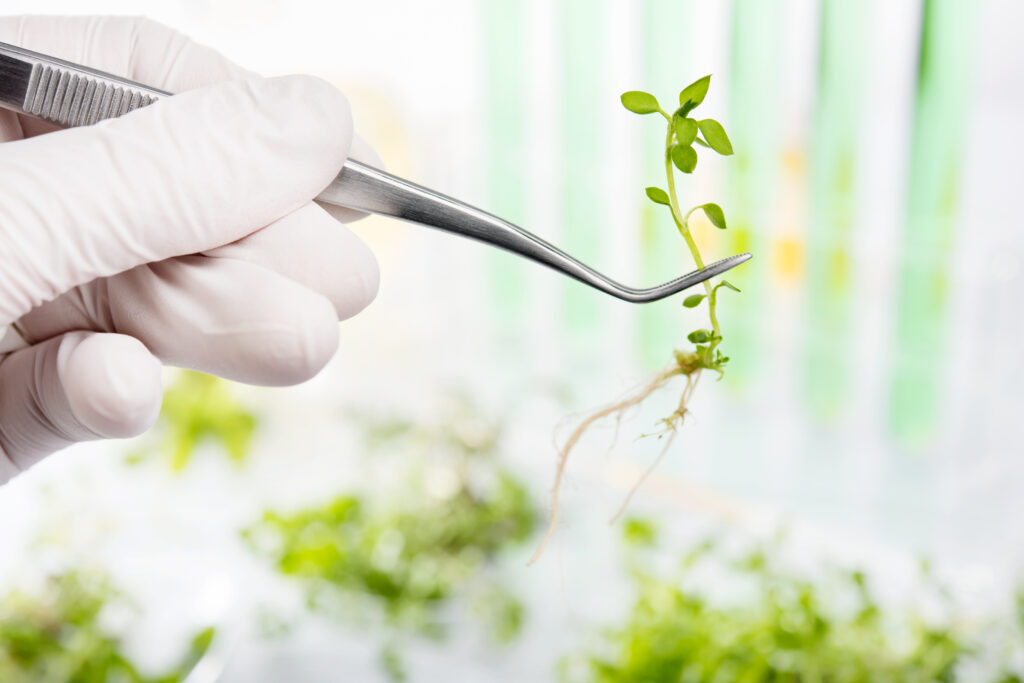
Research and innovation projects
Matís' research and innovation projects are classified according to emphases and services for industries and groups:
- Meat
- Dairy products
- Vegetables, fruits and grains
- Pelagic fish
- Demersal fish
- Aquaculture
- Algae
- Biotechnology industry
- Environmental research
- Innovation, entrepreneurs & educational institutions
- Administration
- Development assistance
- Meat
The aim of research and development projects on meat is to strengthen domestic meat production and strengthen value creation in rural areas in collaboration with producers and other stakeholders. In 2020, emphasis was placed on measuring nutritional value, utilization, meat quality, shelf life and animal welfare to demonstrate the uniqueness of Icelandic products. In sheep breeding, the emphasis was on the effect of breeding, slaughter methods and the effect of treatment before and after slaughter on the quality of lamb. The quality of Icelandic lamb was also compared with the quality of foreign lamb. In horsemeat, the emphasis was on uniqueness in nutritional value and fatness, but also on information on the utilization of meat carcasses, shelf life and product development. Reports were published on the impact of the European assessment on the utilization and value of bovine carcasses and on the quality of boar meat. A project was also carried out on the utilization and nutritional value of poultry and pork. Information on meat utilization is important for meat buyers due to processing and product development, but information on nutritional value is used for food labeling and other information provision. In recent years, three projects with an emphasis on increasing the production of goat products have been carried out in close collaboration with the Goat Breeding Association, and the last project was completed in 2020.
In addition, genetic methods were used to enhance breeding and product traceability. Work was done on the development of a paternity test for Icelandic sheep, but such tests have previously been developed at Matís for horses and cattle. It is important to be able to confirm the paternity of sheep, especially in order to eliminate hereditary genetic defects. Work was also underway on the development of a new genetic methodology for the analysis of the origin of beef. With this methodology, beef products can be traced to individual cattle. Furthermore, the method can be used to confirm whether beef has been produced in Iceland or imported.
- Dairy products
Several projects were carried out during the year, with an emphasis on the development of new products and processing processes related to dairy products, especially whey and skyr. The projects were carried out with a good group of partners. A way to dry skyr was developed, which is an excellent way to increase its shelf life. At least two projects outside Matís can be seen as the offspring of this work. A total of 60 million liters of whey are produced in cheese and skyr production in Iceland each year, so it is important to develop ways to utilize this valuable resource. These include the development of creams from whey constituents and the development of a method for converting lactose from whey to ethanol. Microorganisms can be used to convert lactose into ethanol, and Matís 'research showed that the longest-acting microbe for this was a yeast that had previously been isolated from skyr and was preserved in Matís' archives. The bacterium is highly active in both the neutral environment of the cheese whey and the acidic environment of the skyr whey. The bacterium completely converts the lactose into ethanol and this powerful strain has been named Kluyveromyces marxianus Islandicus. Great value creation can be expected with the production of ethanol when it has been introduced into Icelandic alcoholic products on the market, but they are now produced with imported sprouts. In this way, the products can be fully produced with Icelandic raw materials. In addition, this gives hope that it will be possible to offer foreign partners in skyr production a complete solution by producing ethanol from the by-product of skyr production, thus increasing the value of the production and reducing the negative environmental impact.
- Vegetables and grains
The focus of projects related to vegetables in the year 2020 was on analyzing the quality and healthiness of domestic production and comparing it with imported products. In this way, an attempt is made to point out the strengths of Icelandic vegetables, but at the same time to find opportunities for innovation and increased production. Efforts are being made to cover vegetable production throughout the country. Collaborative projects on Icelandic barley have been carried out in recent years and the emphasis has been on increasing the value of domestic production by using part of it for food production. Increased sustainability is also a key factor when domestic barley is used instead of imported. During the year, a project was carried out on the utilization of Icelandic barley in whiskey making in collaboration with the whiskey producer and the University of Iceland, and two articles were published on sustainability in beer production.
- Pelagic fish
Since its establishment, Matís has worked closely with fisheries companies with the aim of maximizing the value of all the raw material generated by pelagic fishing. In 2020, great emphasis was placed on working on projects in collaboration with key players in the industry. During the year, projects were completed concerning research into the utilization possibilities of mackerel in fillet products while it is within Icelandic jurisdiction, but this proved to be possible. In addition, the production of red-cut mackerel fillets has been examined, as well as the utilization of mackerel red for the production of valuable products. The utilization of zooplankton in Iceland has been examined by Matís, but there are enormous opportunities in the processing of zooplankton, which until now has been an untouched resource in Iceland. In the coming years, Matís and partners will work to make it possible to process valuable products from zooplankton, which arrives on land as additional raw material or as by-catch from pelagic fisheries. Flour and fish oil production plays an important role in the value creation of the pelagic industry, and Matís has worked to optimize that production so that maximum utilization is achieved, but work has also been done to utilize the raw material in more valuable products that can be used directly in food production. Genetic methods are currently being developed within Matís that will increase knowledge of the separation of herring stocks in the North Atlantic and contribute to improved fisheries management. Methods are also being developed to find and trace capelin with surrounding DNA and thus increase knowledge of its changed distribution, which will facilitate and improve the stock size assessment of capelin in Icelandic waters. Last but not least, work has been done to gather Matís' knowledge of the processing and fishing of pelagic catches, which will be disseminated to the pelagic industry in the form of a handbook. It is an important part of coordinating processing in this country so that maximum utilization and value creation is achieved.
- Demersal fish
In 2020, Matís' research focus for demersal fish species was on further utilization of underutilized raw materials and improving processes within the value chain. These projects have been carried out in close collaboration with a large group of companies in the fisheries sector. Analyzes were carried out to improve the utilization and increase value creation from by-products of catfish processing, among other things, research projects evaluated the utilization of blue whiting for human consumption and product development to increase the value of cod heads. It also promoted the increased utilization of proteins, both from various by-products of whitefish processing as well as proteins that can be processed from water used in fish processing. The results of these projects indicate that there is still a great opportunity to capture value from the underutilized raw material of catfish processing using relatively simple and cost-effective methods. Emphasis was placed on improving salted fish processes in the projects of the year and the ongoing development of technology for handling fresh fish on board processing vessels, including increasing the possibility of automating processes. These projects have resulted in improved quality of demersal fish catches and increased product stability. Several projects aimed to identify opportunities for value added through increased visibility and information provision in the demersal fish value chain by activating the technological solutions already on the market or developing new and exciting solutions with the aim of increasing the data diet within the value chain, all the way to consumers . Matís has also been involved in projects related to shellfish and shellfish products, such as gathering information and data on the utilization of sea urchins as well as the utilization of sea urchins in the Arctic.
- Aquaculture
Matís has good facilities and a strong team of experts in the field of aquaculture research, especially in terms of feed research and fish behavior. This part of Matís' operations has been booming in recent years in parallel with growing aquaculture. Aquaculture plays an important role in ensuring the world's food security, as well as in value creation and rural development in Iceland. Iceland's aquaculture production has increased fivefold in the past five years and it looks like similar growth will take place over the next five years. If all goes well, salmon can be expected to overtake cod as our most important resource. Matís has focused on supporting this industry to the best of its ability and has sought extensive collaboration with the industry. The company has especially focused on feed research, but also on cultivation and genetics, behavior, intestinal flora, processing, product development, packaging, transport and so on. In addition, Matís offers various advice and measurements regarding food safety.
Matís has had good co-operation with domestic and international companies and institutions in this field. Matís has established itself among the companies and institutions in Europe that are leaders in research and development of new proteins for use in aquaculture feed. In this context, insect proteins, proteins from unicellular organisms, algae and kelp can be mentioned. Matís operates a small experimental aquaculture plant, commonly referred to as MARS (Matís Aquaculture Research Station), which has three aquaculture systems consisting of two closed systems (RAS - Recirculation Aquaculture System) and one flow-through system. In the systems, it is possible to raise fish at different stages of life and control all situations. In MARCH, feed is produced and feed experiments are carried out on various fish species, including Atlantic salmon, tilapia, char, rainbow trout, white-tailed shrimp and oysters. When it comes to feed research and feed experiments, Matís has a considerable unique position in the market where the company can also offer quality, chemical and microbial measurements, sensory evaluation, expertise in connection with genetics, processing, product development, packaging, transport, etc. This special position has made Matís a sought-after partner in research projects, and many of the world's largest companies in feed production and aquaculture are now purchasing feed experiments and other specialist services from Matís. In addition, Matís is involved in projects to develop solutions to increase the cultivation of low-trophic species, such as seaweed, sea urchins and sea urchins, and to strengthen sustainable processes through the introduction of integrated multi-trophic aquaculture systems where different species are cultivated together.
- Algae
In Iceland, large algae are underused biomass that can be used in a sustainable way for value creation. Domestic parties' interest in the utilization of algae is growing and they are increasingly seeking support and cooperation with Matís. For years, Matís has focused on research into algae and worked on their utilization. In order to promote maximum utilization, value creation and ensure sustainability, Matís has worked to establish common quality standards for harvesting and processing of seaweed and kelp (brown algae) as well as building a knowledge base of ingredients of selected species with regard to seasonal fluctuations and variability after harvest. Large algae contain trace elements that are important for the human body but can be dangerous if their concentration in food or feed is high. The iodine content of different types of seaweed has been quantified and methods have been developed to reduce the concentration of iodine in seaweed for food and feed production. The potential of seaweed as a feed additive for dairy cows and cattle was investigated to reduce methane emissions into the atmosphere and methods were also developed to ferment seaweed and use the seaweed as a health-improving feed additive in aquaculture. Efforts were made to develop healthy flavors from algae in food with the aim of improving public health and for the development of antioxidants from large algae and their utilization in cosmetics. Research and development were carried out on enzymes and cellular organisms that convert complex seaweed sugars into various substances, such as fuel for vehicles and bioplastics for food, for example. The projects are intended to promote innovation and help feed, food and biotechnology companies to launch new products.
There has been great interest in the cultivation of algae, which is an industry that utilizes resources for which Iceland is known, such as environmentally friendly electricity and clean water. Algae can be used in various ways, such as for the production of bioactive substances. Matís was involved in two collaborative projects in 2020, where algae are grown for the production of new proteins in food and feed and the development of a natural pigment that is stable under demanding conditions.
- Biotechnology industry
One of the UN's Global Goals is to promote the development of sustainable industries and foster innovation. Matís has pursued this goal, among other things, by working on research and development projects related to biotechnology to support the future biotechnology industry in Iceland, which has been growing rapidly in recent years. When Matís was founded, Matís' biotechnology group worked almost exclusively on research and development projects. Biotechnology companies are now increasingly looking to Matís for advice and services, as the goals of the Matís biotechnology group are to promote innovation through the development of biotechnology in Iceland and help biotechnology companies gain a foothold in the Icelandic economy. Last year, for example, Matís worked with biotechnology companies on the development of processing processes and products, the implementation of functional measurements and sampling. Furthermore, Matís provided services related to genetic engineering, ie. gene cloning and genome sequencing. Matís has long been involved in research and development of enzymes from heat- and cold-loving microorganisms and cell factories that convert sugars into valuable substances, as Matís is known for its knowledge in that field. In the past year, special emphasis has been placed on enzymes that convert complex sea sugars, for example into bioactive and pharmacologically active substances and pigments. Furthermore, work was done on the creation of tools for use in genetic engineering, ie. a thermophilic version of the CrispR system that has revolutionized genetic research around the world in recent years. Such a thermophilic system is likely to further facilitate genetic and biotechnological research in the future. In addition to projects related to the biotechnology industry, Matís worked on numerous research and development projects belonging to other service categories, where the biotechnology methodology was applied. These include projects related to grain, aquaculture, kelp and shellfish, and environmental research.
- Environmental research
There was some diversity in the nature of Matís' environmental research and development projects in 2020. These include projects related to climate issues and plastic pollution in the sea, chemical measurements of Icelandic seafood, as well as microbial research. Within climate issues, the main emphasis was on adapting the fisheries sector to climate change, but during the year projects were completed there. Matís developed a methodology for setting up an adaptation plan for fisheries and aquaculture. In addition, work began on assessing the impact of the renewal of the Icelandic fishing fleet on the carbon footprint of Icelandic marine products with the help of life cycle analyzes in collaboration with fisheries companies throughout the country.
Plastic pollution was introduced during the year, including an idea workshop on solutions to the plastic problem (Plastaþon) and the publication of teaching material on plastic pollution in the Arctic, which will be used as teaching material in primary schools in the country and other Nordic countries. In addition, the chemical content of Icelandic algae was studied to assess their potential ability to reduce the methane production of ruminants. Research on the diversity of marine microorganisms has increased in recent years, but there is little information on microorganisms in the ocean around Iceland. In collaboration with the Marine Research Institute, Matís has studied microbial diversity in samples (around DNA) from sampling stations around the country to investigate the effects of global warming and ocean acidification on microbial diversity and chemical cycles in the ocean. The results show that there is a difference between microbial communities in the north and south of the country and that the basis of the food chain in the sea, primitive microorganisms, is much more diverse and dispersed than previously thought. In addition to the above projects, Matís, together with the Marine Research Institute, hosted a conference on the use of environmental DNA (eDNA) to monitor biodiversity in the sea and freshwater. There was a growing emphasis on the development of the eDNA methodology, but its use can have a significant effect, for example in monitoring the impact of seaweed farming on benthic ecosystems at pens, mapping new species, assessing fish stock sizes and capelin searches.
- Innovation, entrepreneurs and educational institutions
This category includes projects that primarily promote increased knowledge and skills of individuals with an emphasis on innovation and entrepreneurship training. In 2020, electronic innovation courses were held, which emphasized the training of young people in areas such as improved utilization in food production and value creation from by-products of food processing. Educational material that disseminates information on how food science, technology and innovation can increase the sustainability of food production was created by making virtual reality videos. A workshop on algae cultivation opportunities was held, where students, entrepreneurs and company representatives were invited to participate.
- Administration
Some of Matís' projects are considered to be particularly useful to the administration and the authorities in decision-making. Projects that fall into this category are diverse and examples of such projects that were carried out in 2020 are analyzes of how the blue bioeconomy can be strengthened and supported, an examination of the advantages and disadvantages of electronic monitoring of fisheries, analysis of consumer behavior as a driving force in food tourism, an assessment of possible changes in the Nordic food system due to increased sustainability and changes in consumption patterns following Covid-19. Many of these projects are carried out within Nordic, Arctic and European co-operation. This category also includes projects covered by the Icelandic Presidency of the Arctic Council and the Nordic Council of Ministers.
- Development assistance
In 2020, Matís participated in four projects that are part of Iceland's development assistance. Cooperation with the Fisheries Academy (GRÓ-FTP, formerly UNU-FTP) continued and Matís manages the school's quality management line. In the first quarter of the year, five students completed a 6-month course in quality management, but due to Covid-19, further teaching was postponed. Work was done on the design and construction of a smoking facility for fish in the marine area of Tombo in Sierra Leone, the construction of a laboratory for food research in Liberia and the installation of geothermal dryers for food processing in Kenya. All of these projects have been delayed due to Covid-19 but will be resumed when the restrictions are lifted.
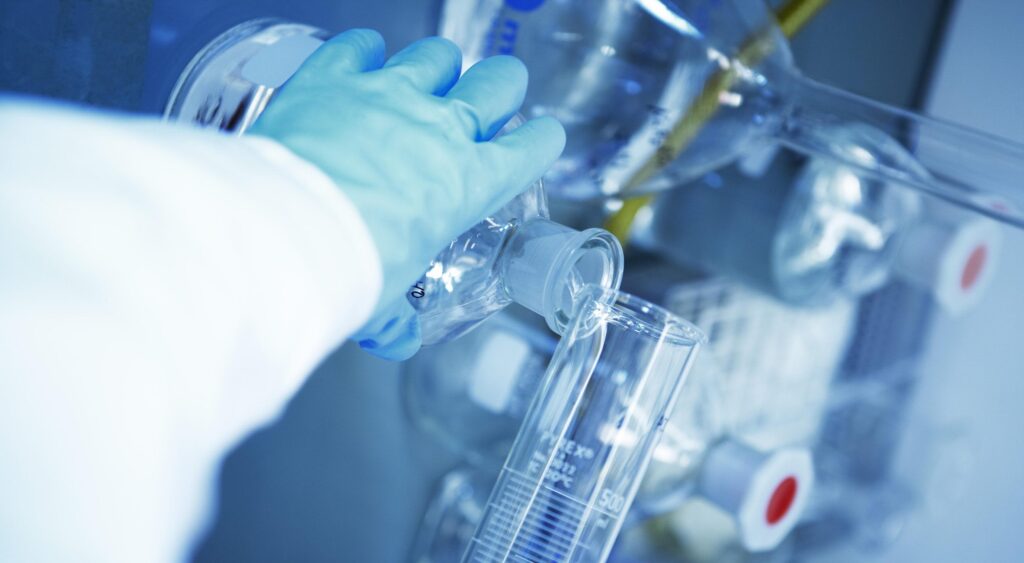
Service measurements
Matís Laboratory offers microbiological and chemical research on food, water, raw materials, medicines, feed and environmental samples. Matís is accredited for a large part of the methods used.
Chemical Analysis
Important emphases in chemical measurements are the combination of raw materials and products in food processing and feed preparation and the changes in their quality and safety that occur during processing and storage, such as nutritional value, shelf life and stability. Various chemical measurements were carried out at Matís in the year 2020, including general chemical measurements (protein, fat, salt, water, ash, etc.) and measurements of minerals and trace elements. Matís also carries out pesticide measurements in fruit, vegetables and cereals, a total of 192 different pesticides. Information on the results of measurements of pesticide residues in fruit and vegetables can be found on the MAST website under each year's annual report. Quality measurements of fish and fish products were performed on freshly caught fish that comes directly from a vessel at Matís laboratory in Neskaupstaður. It is important to have a laboratory a stone's throw from the main loading ports for pelagic fish in the country. Matís also performed measurements for producers to ensure correct labeling of the nutritional value of their food.
Microbiological Analysis
At Matís' microbiology department, more than 50 different microbiological measurements are performed. For example, large amounts of drinking water samples come from the health inspectorate of municipalities, companies and the private sector. It is necessary to ensure that drinking water meets safety and quality requirements as it is used for drinking and food production. Matís also receives large quantities of food for research, but they are researched due to the companies' internal quality control and due to demands from the buyers of the product. As if a new product is put into production, Matís receives a sample for measurement to check what shelf life can be given to the product in question. Matís also serves pharmaceutical and cosmetic manufacturers as part of their internal quality control.
If a foodborne infection occurs due to food consumption, Matís' microbiology department has the role of looking for the possible origin of the foodborne infection in the samples taken by the municipal health inspectorate. Matís has the ability to sequence and compare the genome of pathogenic microorganisms, but such technology has been gaining ground in the diagnosis of foodborne infections.
At Matís' office in Neskaupstaður microbiological measurements were mostly on pathogenic microorganisms (e.g. E. coli, Salmonella and Listeria) on intestinal bacteria and the total number of bacteria in food fishmeal and drinking water. The bulk was measurements of pelagic fish (herring and mackerel) along with capelin roe. On the other hand, the variety of samples is increasing and more samples were taken from farmers who produce their own food in 2020 than in previous years, including goat's milk and sheep's milk.
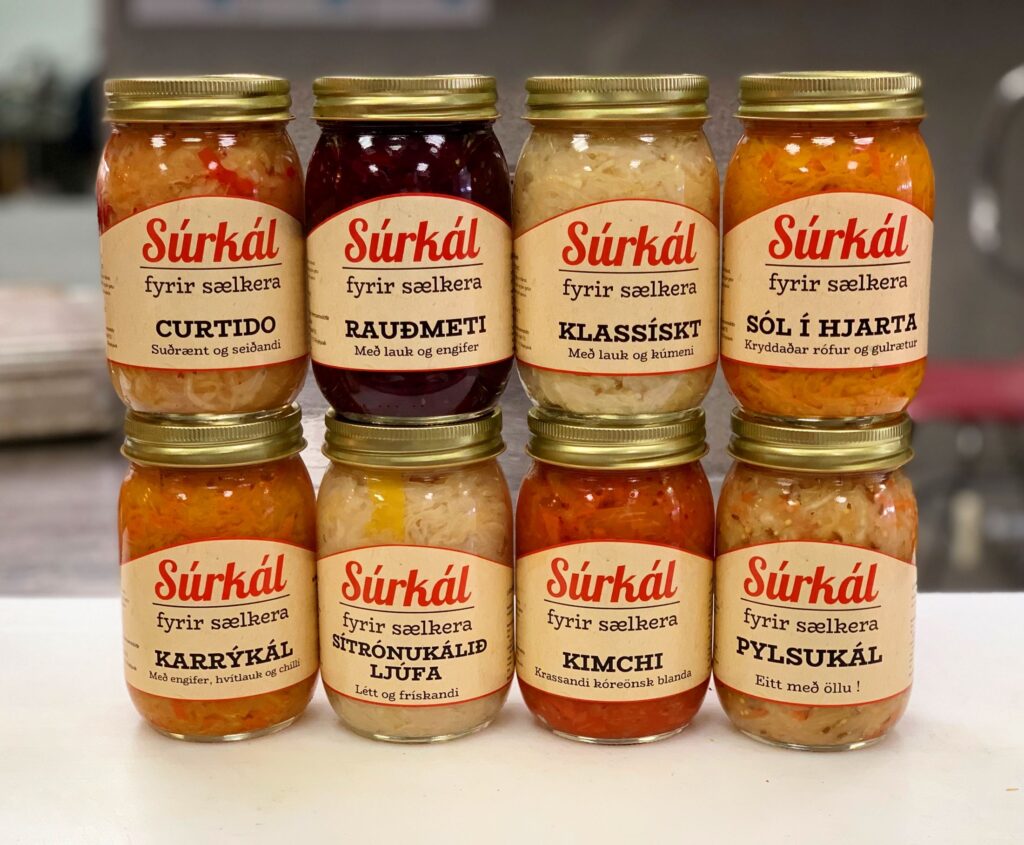
Catering, consulting, education and training
Matís runs a food factory to assist entrepreneurs in food processing. There are facilities for a variety of food processing and users use it to produce their products according to the issued permit from the health authorities. In the year 2020, more than a dozen producers used the facilities of the food factory and worked there for a total of 494 days developing and producing various products.
Matís provides advice to entrepreneurs, companies, institutions and organizations in areas that fall within the expertise of its employees. Matís has, among other things, carried out feasibility studies, product development, processing design and information gathering for its customers. Matís publishes and disseminates a variety of educational material, such as the fish book and the meat book which can be found online, and stands for courses and training, such as web courses on the site matis.online.
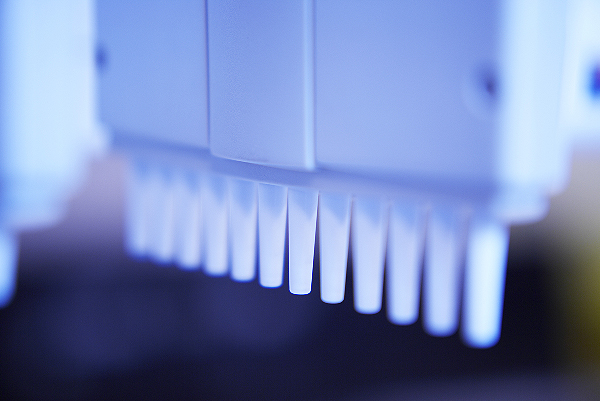
Support for the government and committee work
In accordance with the service agreement, Matís provides advice to the government and the company's experts participate in the work of committees and working groups, answer questions, give comments and opinions on regulations and bills concerning Matís' role.
The main tasks of Matís' employees of the year 2020 in committees and working groups were:
- Participation in the formulation of food policy for Iceland
- Member of the Science and Technology Policy Council
- Member of the professional council of the Marine Research Institute
- Join a consultative group on improved monitoring of fishery resources
- Participation in a working group on food waste
- Member of the Advisory Committee on GMOs
Efforts were also made to strengthen and support the involvement of Icelandic parties in international research collaboration and to defend Iceland's interests abroad. Special mention should be made of work on behalf of the European Food Safety Authority (EFSA), which is approved by Article 36 by the EFSA. Only bodies with extensive scientific knowledge in the field of food safety and risk assessment, as well as being professionally independent and conducting research related to food safety are eligible for EFSA approval. Matís' specialist has worked in the EFSA working group on the transport of fresh fish products. In this field, Matís has done particularly important work over the years by working for the interests of Icelandic seafood exporters. This work has led to an increased awareness of what rules apply to the transport of whole, fresh fish and what rules are expected. Through this work, we have also been able to take Icelandic perspectives into account and prevent the exclusion of our use of technology.
An example of Matís' other involvement in this field from 2020 is:
- Membership in the Committee for Food and the Environment's European Research Programs (Societal Challenges 2 and 5, Horizon 2020)
- Member of the Shadow Steering Committee for the Horizon Europe Research Program, Cluster 6 (Food, Bioeconomy, Natural Resources, Agriculture and Environment)
- Member of the Steering Committee for the Bio-Based Industries (BBI) Europe Research Program (BBI Horizon 2020)
- Work in AG-Fisk, a working group under the auspices of the Nordic Council of Ministers that shapes research and co-operation between the Nordic countries, including NordForsk and Nordic Innovation
- Participation in the Nordic Committee for Food Analysis Methods (NMKL)
- Member of the Nordic Committee for Agriculture and Food Research (NKJ)
- Participation in the Atlantic Ocean Research Alliance (AORA) Working Group on Policy Document: Marine Microbiome Roadmap
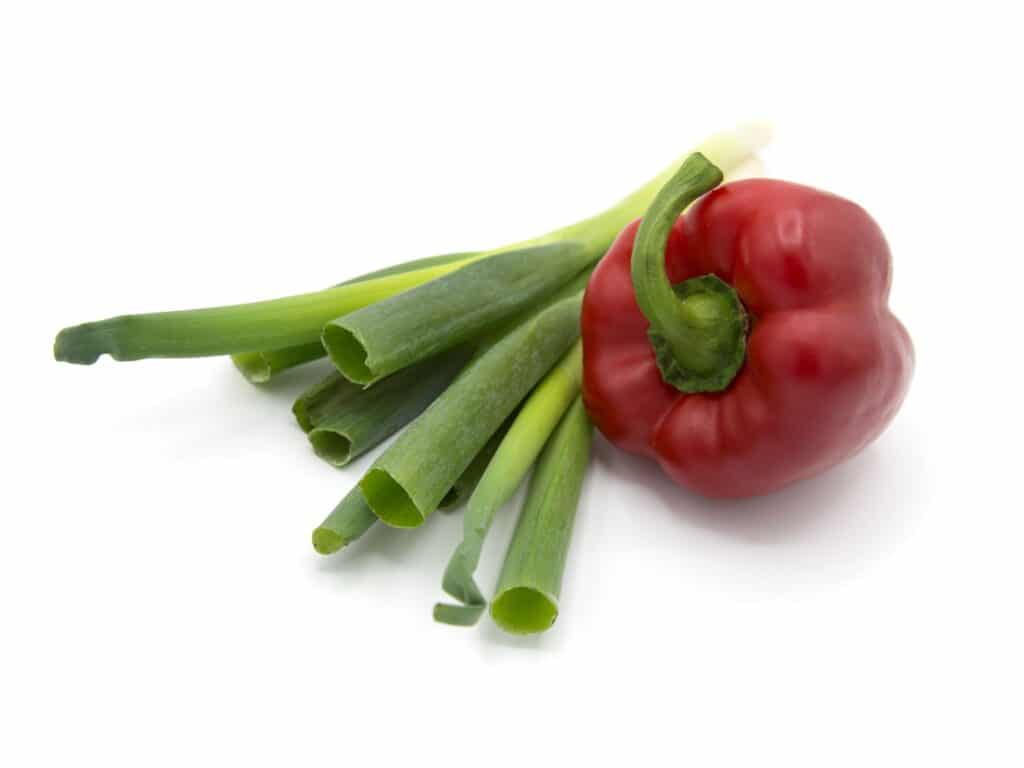
Food security and priority services
Matís plays an important role in ensuring the safety and wholesomeness of food and has been nominated as a Reference Laboratory (TVR) in the following 11 areas:
- Diagnosis and testing for diseases transmitted between humans and animals, e.g. zoonur in the field of Salmonella in food
- Monitoring of marine life
- Research on Listeria monocytogenes
- Studies on coagulase-positive cluster cocci, incl Stapylococcus aureus
- Research on Escherichia coli, including verotoxin E. coli (VTEC) producing versocytotoxins
- Animal protein research in feed
- Pesticide residue studies
- Studies on heavy metals in feed and food
- Research on natural toxins (including fungal toxins)
- Research on substances formed during production
- Research on persistent organic pollutants in food and feed
In order for laboratories to be nominated as TVRs, they must be accredited in the relevant field of research or testing. TVR must be able to demonstrate that measurements in the relevant areas are made in accordance with international official and certified measurement methods. TVR is also obliged to provide other laboratories with assistance and guidance in specified measurements, whether the laboratories are private or public. Matís is obliged to participate in comparative tests organized by the European Union Reference Laboratories (EURL) as well as annual meetings organized by EURL where the main innovations in measurement methods are reviewed, impending changes in maximum values in regulations in the field of each reference study.rliving room etc. TVR is obliged to disseminate this information to stakeholders, ie. to the competent authorities in the field of food safety (Matvælastofnun and the Ministry of Industry and Innovation) as well as designated public laboratories.
At the end of 2020, a new three-year service agreement was signed with ANR for the operation of a reference laboratory and food safety and priority services. The aim of the agreement is, among other things, to ensure security services in the field of food research for the benefit of Icelanders.
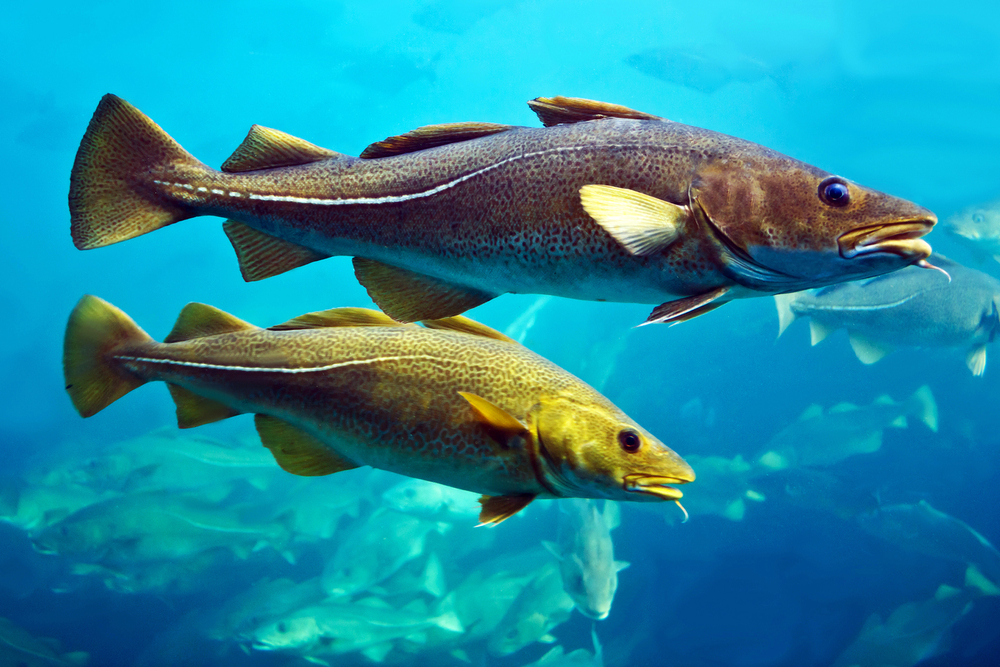
Monitoring of undesirable substances in seafood
Reliable data is necessary at all times and therefore requires constant monitoring of the condition of Icelandic food and comparisons with comparable foreign foods sold in Iceland.
Icelandic seafood, for example, has long been marketed with an emphasis on purity and wholesomeness. Claims about this, however, are insufficient, it is necessary to support them with reliable data from an independent party. Such data can facilitate the marketing and sale of Icelandic products in demanding foreign markets, as requirements for quality and safety are reflected in product prices.
The results of monitoring of undesirable substances in edible parts of seafood 2020 have been compiled (Matís report 01-21). The aim of the project is to demonstrate the position of Icelandic seafood in terms of safety and health and to use the data in making risk assessments of food to ensure the interests of consumers and public health. The project builds a knowledge base on the amount of undesirable substances in economically important species and marine products and is defined as a long-term project where constant expansion and revision is necessary.
In general, the results obtained in 2020 were in line with previous results from 2003 to 2012 and 2017 to 2019. The results for 2020 showed that all samples of seafood for human consumption were well below the EU maximum values for persistent organic pollutants and heavy metals and that Icelandic seafood contains insignificant levels of persistent organic pollutants (dioxins and PCBs), pesticides and heavy metals (cadmium, lead and mercury).
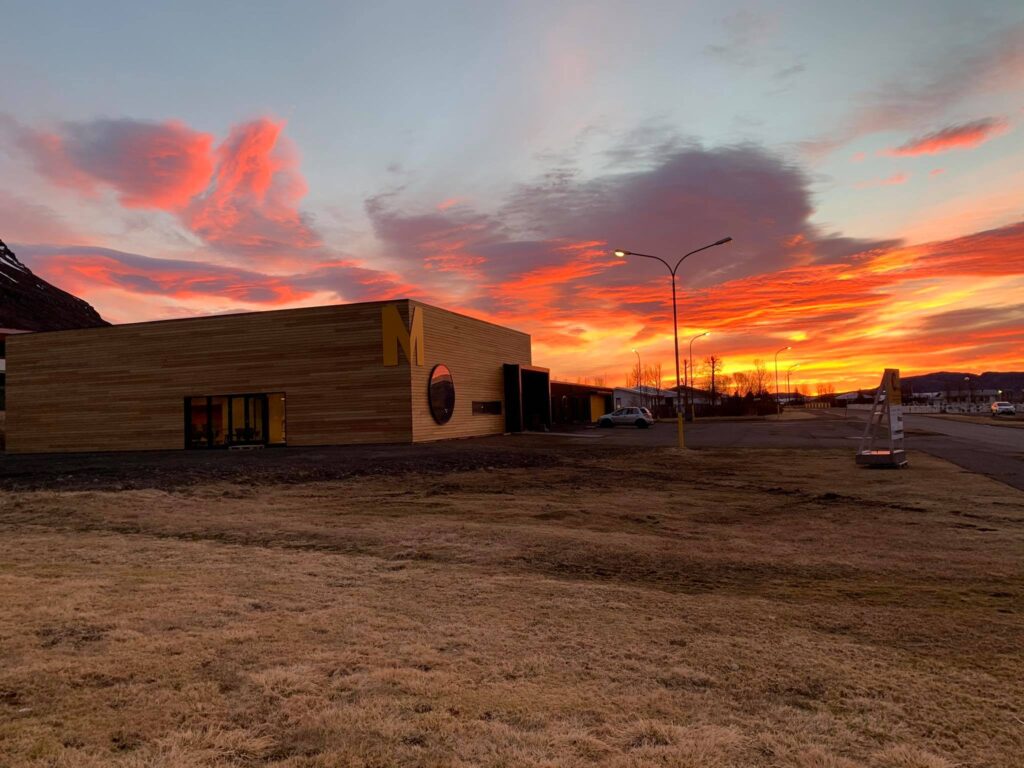
Matís all over the country
Matís plays an important role in value creation, public health and food security throughout the country in strong collaboration with a large group of partners.
Almost every single Matís research and development project is carried out either in direct collaboration with parties outside the capital area or in other ways contributes to development and value creation in the countryside.
Matís has five offices in Reykjavík, Akureyri, Ísafjörður, Neskaupstaður and the Westman Islands. There was no permanent employee in the Westman Islands during the year, but Matís is in good cooperation with companies in the area. In addition, one Matís employee has permanent facilities at the Agricultural University of Hvanneyri.
Emphasis on Matís' offices
The main purpose of establishments in rural areas is to strengthen relations with the business community and stakeholders. Emphasis has been placed on aquaculture in the Westfjords, processing technology and catfish fishing in the North and pelagic fishing / processing in the East. In addition, Matís 'employees have had facilities in the Westman Islands to ensure cooperation with companies and be involved in the development that is taking place in the area, and Matís' employee in Hvanneyri mainly conducts agricultural-related research.
Westfjords: Farming center
- Farming technology; feed preparation, feeding, product processing, tributaries, environmental issues.
- Information gathering; environment, employment, regional affairs, value creation.
- University, education and training center.
- Technological development: equipment and technology to increase value creation in fisheries and aquaculture.
Nordurland: Process technology platform
- Processing technology and biotechnology in food processing with an emphasis on catfish and agricultural products.
- Information technology, data processing, automation and the exploitation of opportunities in the fourth industrial revolution.
- Technology platform for development and innovation in food production.
East Iceland: Pelagic processing and raw material flows
- Pelagic plant, development center for pelagic fish and tributaries of marine products.
- Measurement service.
- Product development - feed
Strengthening Matís' offices in the countryside
In 2020, the Minister of Fisheries and Agriculture made a special agreement with Matís on further strengthening the company's operations in rural areas in accordance with the Minister's policy on increasing jobs and increasing value creation in rural areas. The agreement enables Matís to increase collaboration with companies, institutions and entrepreneurs in rural areas and bring its operations and services closer to its customers.
At Matís' office in Akureyri, research, development and innovation take place in collaboration with companies in the North, the University of Akureyri and other institutions in the area. The aim is to further strengthen co-operation with the industry in the area with the establishment of a Development Forum where work will be done on the development of technological solutions in food production. Matís' three employees are located in Borgir in Akureyri and the number of full-time equivalent positions increased by two in 2020.
Matís' office in Neskaupstaður handles projects in the field of service measurement, development and research. There were changes in the office's operations in the year 2020, where a project manager was hired with the aim of increasing collaboration with companies in East Iceland in development and research work. Emphasis has also been placed on the development of a biomass plant (pelagic plant) in collaboration with the pelagic industry located in the area. Part of the development of the pelagic plant involved the development of infrastructure in East Iceland, and equipment has been purchased that forms the core of the plant. In the year 2021, Matís' office in Neskaupstaður will move to new premises called Múlinn Samvinnuhús. The building will also house a business development association, public institutions and companies. New premises will further strengthen Matís' collaboration with parties in the area and better support the industry's industries.
Matís' office in the Westfjords is intended to be a center of knowledge and communication with the aquaculture industry in terms of all aspects of aquaculture, including technological innovations, breeding, diseases, feed, processing, product development, packaging, transport.r etc. Matís has had a successful collaboration with Skaginn 3X in the development and research of processing technology, but the company operates a production unit in Ísafjörður. Together, Matís and Skaginn 3X have developed innovations to improve the bleeding of wild and farmed fish, thawing frozen raw materials, developed supercooling that has significantly improved product quality and product life, and studied the effects of starvation on salmon product quality. Today, research and development is underway on a new type of pump, "Value-Pump" to treat live farmed fish to minimize stress and increase fish welfare. Matís' office in the Westfjords has taken over the management of a conference on breeding and farming in Iceland; Legal life (formerly Coastal Equipment). The aim is to ensure further collaboration with a growing industry that is based on high technology and calls for a variety of solutions for the future.
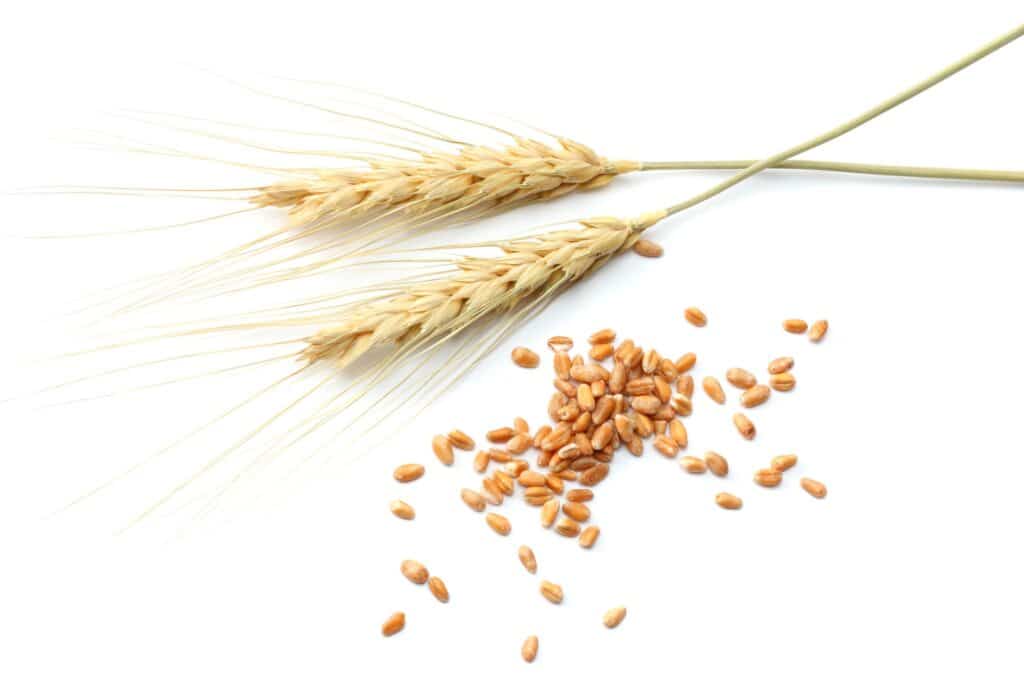
Research collaboration with educational institutions
Matís plays an important role in linking educational institutions and scientific research with the business community.
Matís plays an important role in linking educational institutions and scientific research with the business community. Students in master's and doctoral studies receive education and training in the field of research and innovation at Matís, and thus leading employees are trained and new knowledge, processes and products are created in companies. Students come from Iceland but also many other countries, such as France, Denmark, Switzerland, the United Kingdom, South Africa, Ghana, Vietnam, Cape Verde and Indonesia.
Most of the students in the master's program were at the University of Iceland in subjects related to fisheries and agriculture. Eleven in food science and five in engineering. All master's and doctoral students' projects are carried out in collaboration with companies, universities and research institutes. Matís is a partner for teaching at the United Nations University School of Fisheries (GRÓ-FTP), where the emphasis is on practical knowledge. Matís thus contributes to development aid.
A strong core of research and innovation in fish processing has developed in collaboration with the University of Iceland, the University of Akureyri and fish processing companies in rural areas. Two Matís employees, one in Neskaupstaður and the other in Reykjavík, defended doctoral dissertations in food science this year, on the one hand on properties and value creation from redfish and on the other hand on the shelf life, chemical and processing properties of mackerel caught in the waters around Iceland. Two other students have come a long way with their doctoral dissertations. One works for Matís in Akureyri and the other works on his project in Reykjavík and Neskaupstaður. Their projects are about innovation in the demersal fish value chain and about the redesign of fishmeal processing processes so that proteins and fish oil can be produced for human consumption.
Examples of student projects related to the fishing industry:
Bioactivity of redfish products, chemical and processing properties of oil in zooplankton and pelagic fish, methods of pre-cooling and cooling in the processing and distribution of fresh fish, effects of ice cream and temporary cold storage on cod temperatures in fresh fish processing and 3D printing.
Examples of student projects related to agriculture:
Development of curd powder in soft drinks, development of products and markets for horsemeat, improved utilization of Icelandic barley for brewing.
Examples of biotechnology projects related to seaweed and kelp processing:
Enzymatic transformations of polysaccharides that increase the pharmacological and bioactivity of products, development of a production method for alginate precursors for bioplastic production
Matís rents facilities at the University of Iceland for teaching in a master's program in food science. Specialists at Matís supervised and taught courses on food safety, food microbiology, quality management and food sensory evaluation, in addition to teaching in other courses at UI, HA and LBHÍ.

